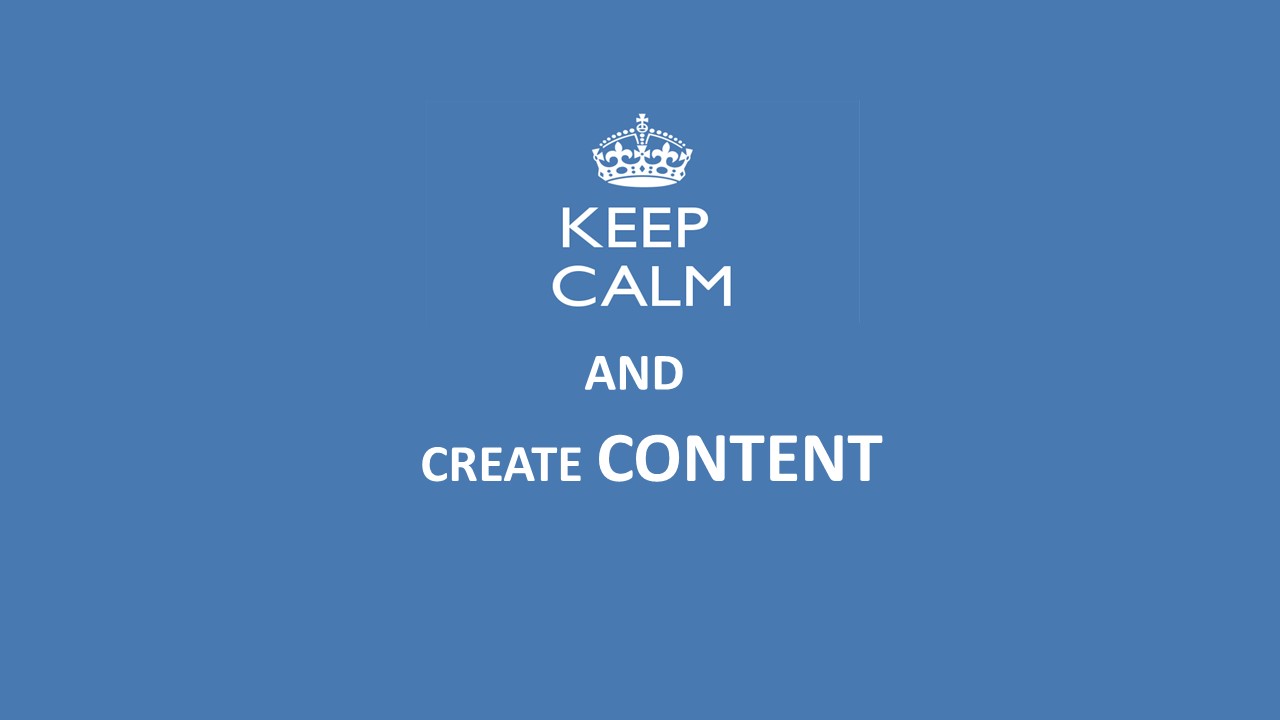As one embraces digital media, it is easy to become obsessed with numbers. The mission of editors is to produce the most suitable content for our readers. But as we move online, we also think about SEO (keywords), page views, the number of visitors, page rankings, session times, returning visitors, the number of unique visitors, total page views, and so on. Some spend hours trying to guess what are the latest changes in Google’s algorithm, for page ranking. For television and OTT channels, it is this obsession for TRPs (I allude to the TRP scams that have been in the news in India, lately).
 But whatever happened to the good old editorial office? Remember the days when we just focussed on exclusive stories, interviews with influencers, and churning out thought-provoking features?
But whatever happened to the good old editorial office? Remember the days when we just focussed on exclusive stories, interviews with influencers, and churning out thought-provoking features?
Get into a time machine and go back to the 50s, 60s, or 70s. Imagine reporters with pencils tucked behind their ears, sleeves rolled up, some wearing suspenders or bow ties — furiously punching keys on their typewriters, working the phones, racing to meet deadlines. Some sneaked out to smoke a cigar or a cigarette. The clickety-clack of typewriters was a normal sound in the newsroom, back then.
Back to today.
As editors write online, they choose their (key)words and links carefully, thinking about another type of audience — web crawlers and search engines. The copy begins to look silly as keywords are strategically placed (keyword stuffing). Too many links in the body copy are distracting.
While my editorial team is trained in the nuances of SEO copywriting and page ranking strategies, I constantly remind them to WRITE FOR HUMANS FIRST. Search engines are secondary.
So editors, focus on churning out good stories. Apply visual storytelling techniques and data journalism. The packaging and presentation are equally important in the online world, where everyone is competing for page views, page rankings, and site visitors.
Just create good, authoritative content. Address the demand-supply.
The visitors will come.
So will the crawlers and bots!









